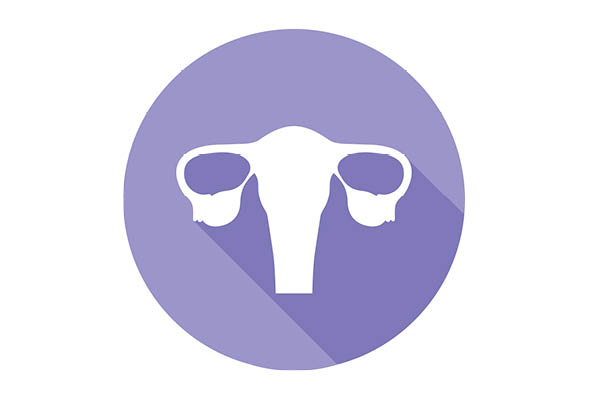Attendance for cervical screenings has fallen year on year across the country, despite the fact that cervical cancer is the most common cancer in women under the age of 35. This worrying statistic has prompted the need for at-home testing for human papillomavirus (HPV), the virus that causes around 70% of cervical cancer cases, to encourage more women to get tested.
Dr Albert Aka, Consultant Gynaecologst at The Gynae Centre comments: “We are delighted to be able to introduce at-home HPV testing at The Gynae Centre to encourage more women to get tested, in turn saving lives and giving women peace of mind about their gynaecological health.”
Why Would You Need An At-Home HPV Test?
There are many reasons why a woman may prolong attendance of her cervical screening for HPV, or put it off altogether. Although most screenings are carried out very quickly, with minimum discomfort and embarrassment, it is still a procedure that some women may not feel comfortable enough to go through with.
A self-screening test for HPV may be a better option for women who:
- Feel too embarrassed or awkward
- Are anxious about potential pain or discomfort during the test
- Feel that the invasiveness of the procedure conflicts with their religious values
- Have experienced sexual abuse or trauma in the past
- Are too busy to attend an in-person screening
- Are shielding during the COVID-19 pandemic
How Do At-Home HPV Tests Work?
Self-screening for HPV does not require the use of a speculum. Instead, you will be provided with a cotton swab and a set of clear instructions that will tell you exactly what to do. The process is very simple, and you do not need to touch your cervix with the swab, as a clinician would during your in-person screening. If you have ever used an at-home STD swab test for chlamydia or gonorrhoea, you will already be familiar with the process.
You would then place the swab into a secure tube (also provided), send your test back in the post, and await your results.
What Does The At-Home HPV Test Detect?
The at-home kit tests for cancer-causing strains of HPV. There are more than 100 types of HPV, and around 14 that are known as high-risk. Types 16 and 18 are the two most common cancer-causing HPV strains.
It’s important to remember that you may still be susceptible to these strains, even if you have had the HPV vaccination.
Do I Still Need To Go To A Clinic For Cervical Cancer Screenings?
If your test results show that you have HPV, you should book a cervical screening with your gynaecologist. This will be a standard in-clinic screening using a speculum and will allow your consultant to collect cells from the cervix to check for abnormalities. Providing that you have no abnormalities, you will be encouraged to book another at-home test or cervical screening in a year’s time to check that the HPV has been cleared up by your immune system.
If you are experiencing symptoms that may be linked to cervical cancer or any other gynaecological condition, you should book an appointment with your consultant. Symptoms to look out for include:
- Pain in the lower abdomen area
- Bleeding outside your period or after sex
- Abnormal discharge with a foul smell
HPV Test Sent To Your Home
If you are interested in taking an at-home HPV test for self-screening, get in touch with The Gynae Centre today to order on 020 7580 8090. Alternatively, if you are concerned about HPV or cervical cancer, you can book a consultation with one of our expert gynaecologists online.






